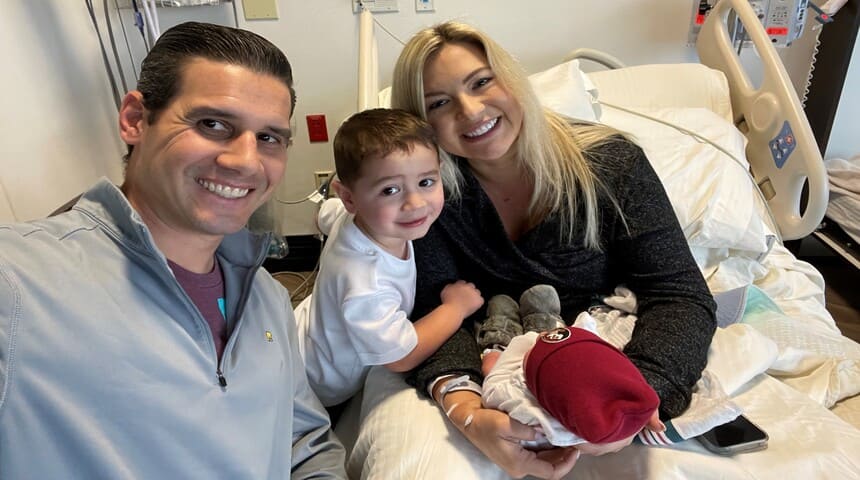Bipolar disorder is shrouded in uncertainty and fear, and carries a significant social stigma. But greater public awareness of this mood disorder can help us more quickly identify friends and family members who need help. There are usually two distinct mood patterns associated with the disorder: mania (or a less severe form called hypomania) and depression. To receive a bipolar diagnosis, a patient must show symptoms of mania or hypomania.
Typical symptoms of mania include an inflated sense of self, decreased need for sleep or lack of sleep, racing thoughts, distractibility and increased impulsivity with risky behaviors. A bipolar diagnosis can be devastating, resulting in hospitalization to stabilize depression or mania, problems keeping a job and self-medication with drugs and alcohol.
The condition is serious, but also not uncommon. An estimated 2.8 percent of American adults adults had bipolar disorder in the past year, and an estimated 4.4 percent of adults in the United States will struggle with it at some time in their lives. Speedy diagnosis is key to managing the illness. The stakes are high, when you consider that nearly 20 percent of those with bipolar disorder take their own lives — often because of difficulty dealing with the untreated illness.
Know the Criteria
Bipolar disorder is evenly distributed across males and females. The condition typically shows up between the ages of 15 and 24 years, though a second peak is found in the 45 to 54 age range. Because this disorder tends to have a gradual, insidious onset it can be challenging to quickly identify troubling behavior patterns for what they are. Younger patients tend to have more manic symptoms, including irritability and recklessness, and are likely to use drugs and alcohol. Of course, in young people, these symptoms could be related to nothing more than typical hormonal fluctuations.
Occasionally, bipolar mania can appear with little warning — for example, in the postpartum period for women. That’s why it's important for women to discuss mood symptoms during and after pregnancy with their health professionals.
When Do I Seek Help?
Often, people with the disorder don’t ask for help until they lose jobs, drop out of school or run into legal troubles. It might take an involuntary psychiatric hospitalization brought on by severe depression, suicidal thoughts or manic symptoms that become psychotic — with paranoia and hallucinations. If you worry that you could be bipolar, ask friends and family members about your mood swings and behavior patterns. They might be able to help you decide whether it’s time to seek professional help.
Dealing with Bipolar Stigma
A bipolar diagnosis is likely to bring a mix of emotions for patients. On one hand, there may be relief from finally getting an accurate diagnosis after years of struggle. On the other hand, there may be new dread over how others will view them. People with bipolar disorder are described as having frequent extreme changes in irritability and anger, being in a constant emotional state and unstable in relationships. Patients and their families also are concerned about the lifelong struggle with the illness as well as potential genetic ramifications for offspring.
Unfortunately, the causes of bipolar disorder are complex. Although there is a genetic contribution, researchers have not identified individual genes that are responsible. Still, knowing your family history can be helpful.
Wellness is important for the health of patients. Get adequate sleep at night, avoid recreational drugs and excessive alcohol use, eat well and get regular exercise. Talking with health professionals about treatment plans also may help patients cope with the symptoms. Although a serious diagnosis, bipolar disorder often can be effectively treated, allowing patients to live full lives — perhaps dispelling the greatest myth of all surrounding the condition.
Choose to Stay in Touch
Sign up to receive the latest health news and trends, wellness & prevention tips, and much more from Orlando Health.
Sign Up




